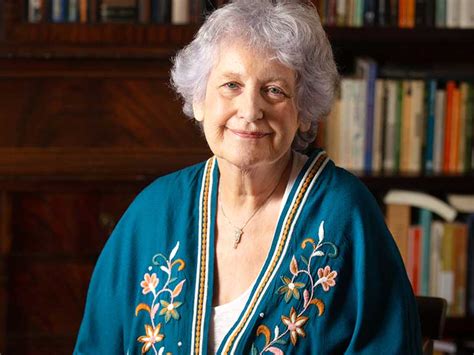A Quote by Wendy Cope
The reason modern poetry is difficult is so that the poet's wife cannot understand it.
Quote Topics
Related Quotes
Poetry is difficult, I mean interesting poetry, not confessional babble or emotive propaganda. Reading a new poet is discovering an entire world, what Stevens called a 'mundo' and it takes a lot of time to orientate oneself in such a world. What we have to learn to do then, as teachers and militants of a poetic insurgency, is to encourage people to learn to love the difficulty of poetry. I simply do not understand much of the poetry that I love.
What the world wants, what the world is waiting for, is not Modern Poetry or Classical Poetry or Neo-Classical Poetry - but Good Poetry. And the dreadful disreputable doubt, which stirs in my own skeptical mind, is doubt about whether it would really matter much what style a poet chose to write in, in any period, as long as he wrote Good poetry.
Another trouble with poetry - and I'm gonna stop the list at two - is the presence of presumptuousness in poetry, the sense you get in a poem that the poet takes for granted an interest on the reader's part in the poet's autobiographical life, in the poet's memories, problems, difficulties and even minor perceptions.
History is a sly boots, and for a generation of blacks that cannot identify with the frustrations of Jim Crow, and for whites who cannot understand the hard deal that faces working-class blacks, it is difficult to reconcile Hughes's reputation as a poet-hero with his topical verse and uncomplicated prose.
A trouble with poetry is the presence of presumptuousness in poetry, the sense you get in a poem that the poet takes for granted an interest on the reader's part in the poet's autobiographical life, in the poet's memories, problems, difficulties and even minor perceptions. I try to presume that no one is interested in me. And I think experience bears that out. No one's interested in the experiences of a stranger - let's put it that way. And then you have difficulty combined with presumptuousness, which is the most dire trouble with poetry.
Loneliness is necessary for pure poetry. When someone intrudes into the poet's life (and any sudden personal contact, whether in the bed or in the heart, is an intrusion) the poet loses his or her balance for a moment, slips into being what he or she is, uses his or her poetry as one would use money or sympathy. The person who writes the poetry emerges, tentatively, like a hermit crab from a conch shell. The poet, for that instant, ceases to be a dead person.





































